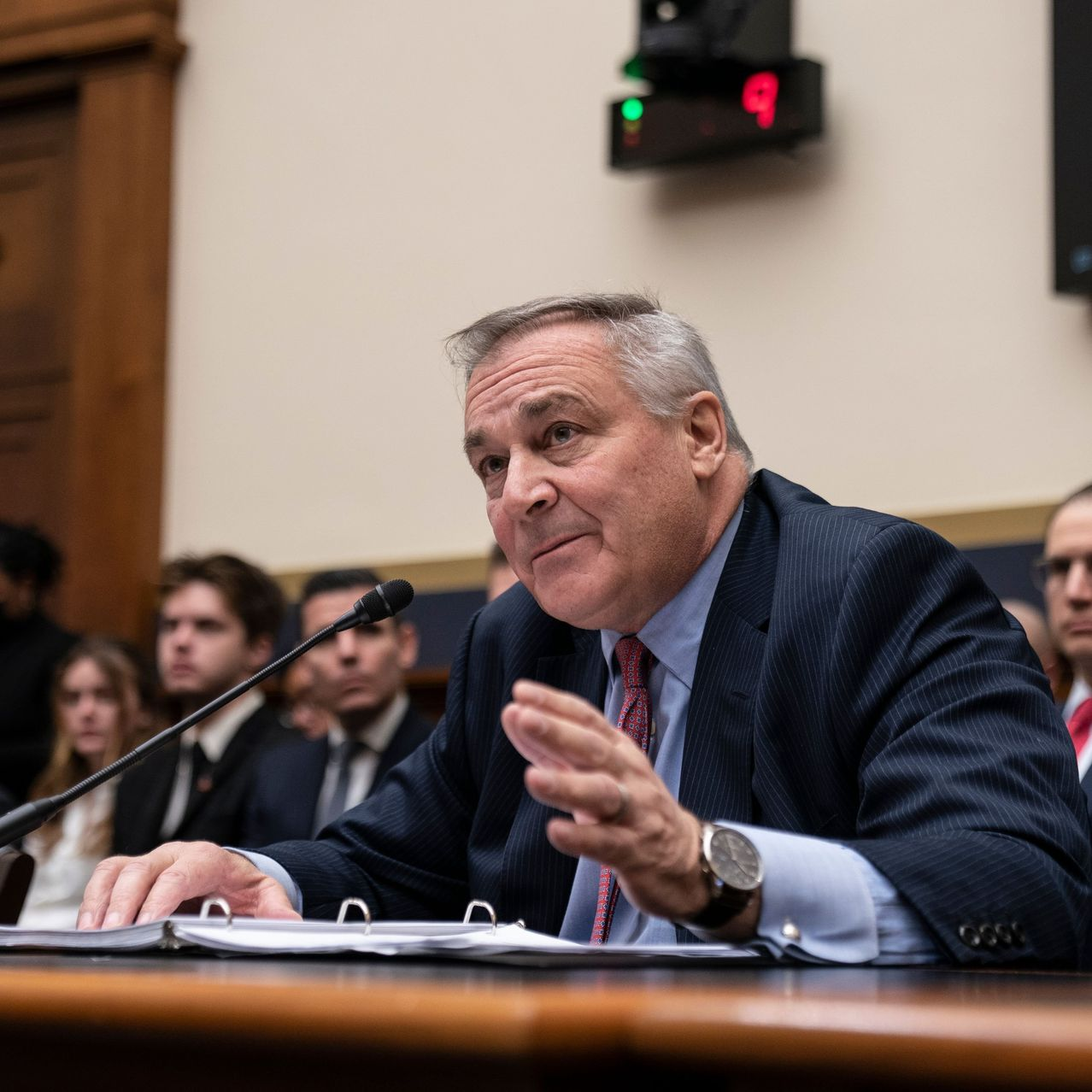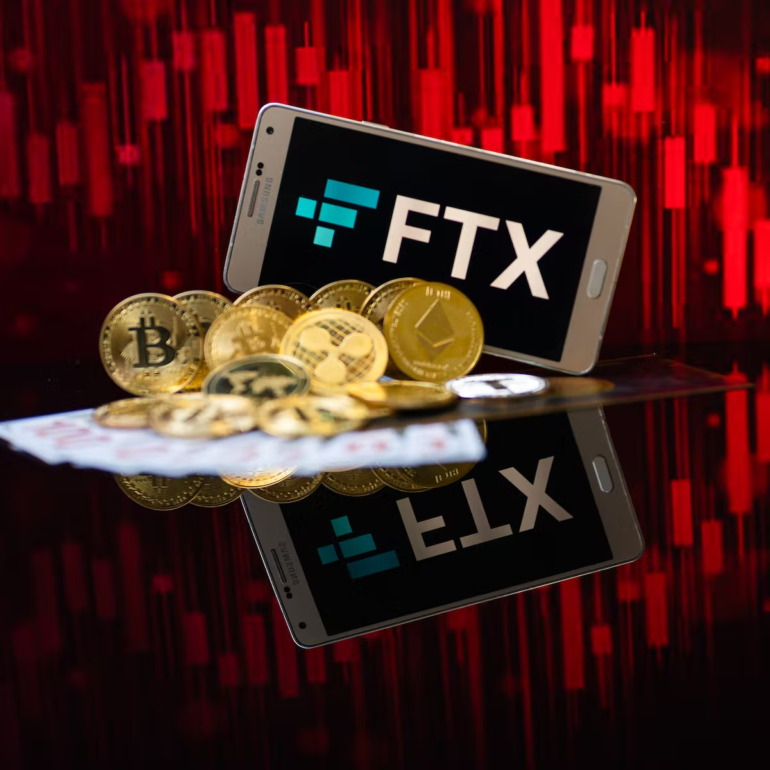Summary:
- The move was suggested by U.S. Trustee Andrew Vara and supported by a host of regulators at the State level.
- FTX bankruptcy CEO John Ray III and the Official Committee of Unsecured Creditors opposed the move, instead siding with an internal probe.
- The proposal from Vara and regulators is backed by U.S. laws and precedent from cases like Celsius where an independent examiner was appointed to demystify the company’s collapse.
The U.S. Court overseeing FTX’s bankruptcy case heard arguments for and against appointing an independent examiner to investigate the crypto exchange’s billion-dollar crash from November 2022.
Recently, U.S. Trustee Andrew Vara proposed appointing a court-sanction external examiner to dive into how operations at FTX led to the platform’s collapse. Vara affirmed that an examiner would prove invaluable in unmasking the factors that led to bankruptcy and revealing any wrongdoings by employees or top-ranking executives such as Founder Sam Bankman-Fried.
Trustee Vara also argued against issuing subpoenas for Bankman-Fried’s family and supposed “inner circle”, calling the move a waste of resources managed by the estate.
An examiner could- and should- investigate the substantial and serious allegations of fraud, dishonesty, incompetence, misconduct, and mismanagement by the Debtors, the circumstances surrounding the Debtors’ collapse, the apparent conversation of exchange customers’ property, and whether colorable claims and causes of action exist to remedy losses.
Vara’s proposal added that the law mandates an examiner in cases of this magnitude, an assertion backed by a host of State regulators at Monday’s bankruptcy hearing. The trustee noted that the Celsius case provides a precedent related to bankruptcy proceedings for crypto companies.
In the Celsius case, the examiner’s report concluded that the company operated like a Ponzi scheme under former CEO Alex Mashinsky.
Supporters of appointing an examiner stressed that victims and creditors of the crypto exchange may not get a full assessment of what went wrong at FTX and who was responsible for the collapse without an external probe.
The argument in favor of an external examiner also notes that such a report could aid asset recovery and help identify third-party entities that may have contributed, knowingly or unknowingly, to FTX’s billion-dollar implosion.
FTX CEO John Ray III Opposses Examiner Appointment, Cites Enron
John Ray III who took over from SBFas CEO testified during Monday’s hearing to oppose the appointment of an external examiner. Ray took the stand, citing the famous Enron bankruptcy case which the veteran also oversaw.
According to Ray, an examiner’s report cost north of $90 million and $100 million in Enron’s case. Ray noted that the report was of little use despite costing a fortune, a sentiment the U.S. Trustee attorney objected to several times.

The FTX CEO went on to say that the company’s records remained tangled, arguing that allowing external access to the platform’s data and systems could prove a security risk. Indeed, Ray affirmed that FTX’s crypto assets are too “complex and too fragile” to expose to an independent examiner, re-echoing statements from previous hearings about the shoddy accounting and corporate practices in Bankman-Fried’s crippled crypto empire.
Trustee Attorney Pushes For Independent Examiner
U.S. Trustee attorney Juliet Sarkessian presented statements to prove that the examiner’s report in the Enron case was useful at the time, but the Judge ultimately overruled the argument as the records could not be authenticated.
At press time, the bankruptcy Judge had not yet reached a decision to appoint an independent examiner or not. Sarkessian pushed for the court to appoint the examiner today and decide on the examiner’s scope of access during a later hearing.
Sarkessian also opined that an examiner would cost less than CEO Ray’s bankruptcy team. Reports said the FTX bankruptcy employees charge around $2000+/hour. The judge seemed unconvinced by the argument.

